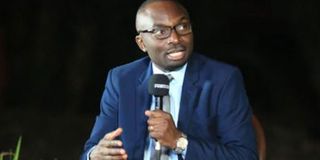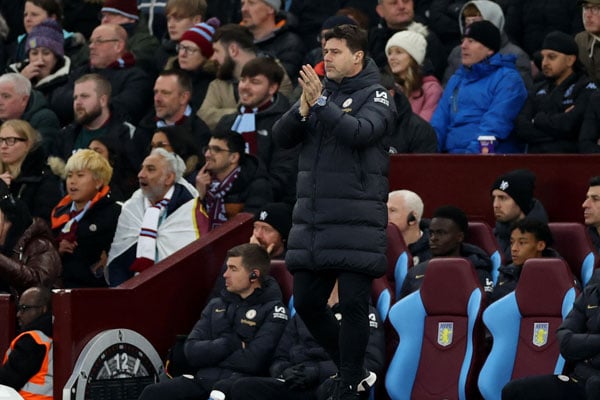As we prepare for the Worlds, recent doping claims must be a wake-up call

Author: Robert Madoi is a sports journalist and analyst. PHOTO/FILE/NMG.
What you need to know:
Joshua Cheptegei, who will contest the 10,000m final on Saturday, is our safest bet for a medal. The reigning world champion nevertheless has to steel himself for a gruelling fight after his performances this season carried with them an almost schematic air.
The World Athletics Championships where a predatory ruthlessness is required to podium are upon us. To say that Uganda's athletes totalling 20 head to Budapest, Hungary, in peak form is a statement unmoored from the truth.
Joshua Cheptegei, who will contest the 10,000m final on Saturday, is our safest bet for a medal. The reigning world champion nevertheless has to steel himself for a gruelling fight after his performances this season carried with them an almost schematic air.
While it would be a stretch to say Cheptegei bestrides the sport in a way his competitors never come close, he still ran the seventh-fastest 5000m of all time in June. Marking him out as the one to beat therefore is not such a preposterous notion after all. Caution, though, should be the byword as the 26-year-old distance runner attempts to join the pantheon of the all-time greats by winning a third straight world title.
If things go according to plan, Cheptegei will add another chapter to his storied career by matching the rarefied distancing running pursuits of the legendary Ethiopian duo of Haile Gebrselassie and Kenenisa Bekele. This column wishes Kapchorwa’s finest export every good fortune.
It is, however, not lost upon your columnist that Team Uganda is shorn of the running exploits of Jacob Kiplimo. The 22-year-old's exploits on the tartan track have always yielded final numbers at the big time that are quite parade worthy. He will, without doubt, be sorely missed at the Worlds in Budapest where entries in both the 5000m and 10,000m races had been made. A hamstring injury had other ideas.
While the news of Kiplimo's withdrawal at the 11th hour definitely took the wind out of the sails, it pales in comparison the bodyblow fashioned after the Athletics Integrity Unit red-flagged Janat Chemusto. The doping allegations (and for now they remain just that, allegations) are sure to cast a long shadow over Ugandan athletics.
The fervent hope of many is that the recent grim developments involving the up and coming middle-distance runner do not turn out to be a hint at darker things to come. The smart money, unfortunately, is on Chemusto being anything but an outlier. The proverbial floodgates are usually prised open when one discovery is made.
Statistical rounding errors are a rarity in part because running fraternities are usually tightly knit. Notes are frequently shared and milestones jointly celebrated.
As the Chemusto controversy rolls ever on, the question of substance abuse being perpetuated by Ugandan athletes will hang in the air. The whispers of hushed voices have been met with faces in Uganda that betray a mixture of annoyance and concern.
One needs not to look far to establish where a single failed test has had a domino effect. When a country verges on becoming an athletics powerhouse, it often finds itself in commodification's clutches. The sport becomes less about passion and more about winning at any cost thanks to the lure of juicy financial rewards.
Upstarts and young pretenders are willing to bend every effort to replicate the feats of a Cheptegei here and Kiplimo there. While such athletes are not nearly as vulnerable as this column assumes, they certainly are not as free to shape their own destiny as they presume. Some form of buffer is therefore of the essence, and it should come from the Uganda Athletics Federation (UAF).
The sport's governing body should take it upon itself to urge athletes of all nuances to see things in black and white. No grey areas. Pursuits should be precisely rendered without the taint of shortcuts like substance abuse.
If the UAF abdicates its responsibilities, the ills that threaten to beset the sport entrusted to its care will not be viewed through the rear view mirror. They will present a clear and present danger if the powers that be continue largely resisting siren calls to be proactive as opposed to reactive.




